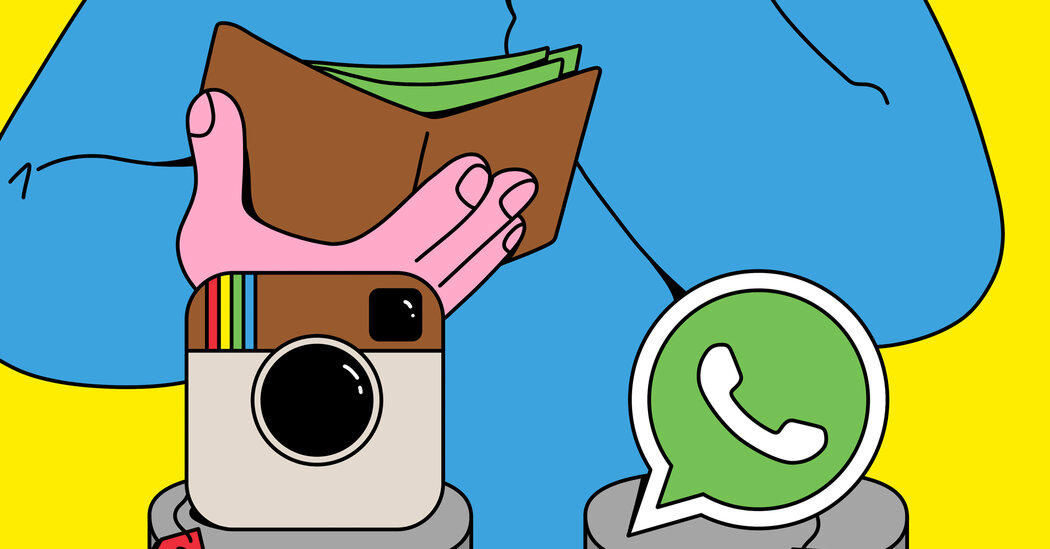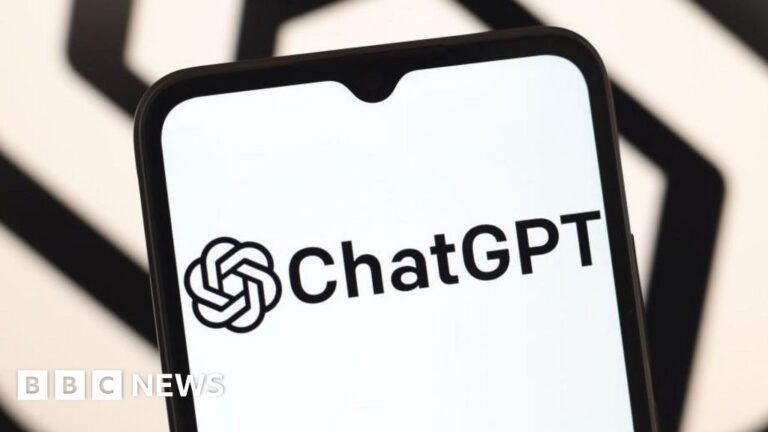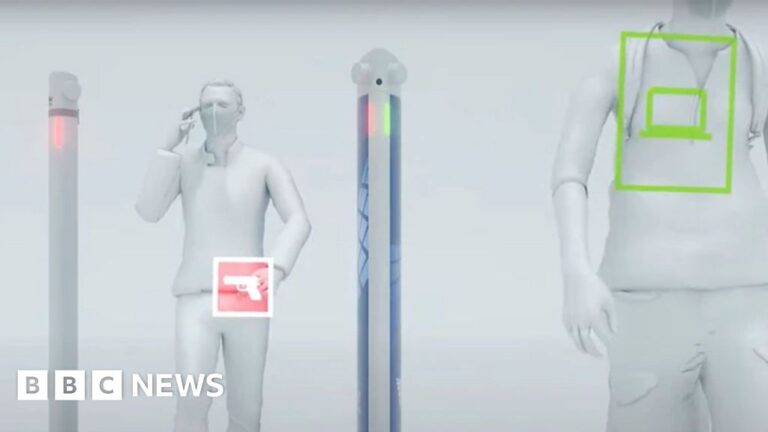In 2012, when Facebook’s chief executive Mark Zuckerberg cut a $1 billion check to buy the photo-sharing app Instagram, most people thought he had lost his marbles. “A billion dollars of money?” joked Jon Stewart, then the host of “The Daily Show.” “For a thing that kind of ruins your pictures?”
But the deal turned out to be a brilliant one. Two years later, Zuckerberg opened his wallet again when Facebook agreed to buy WhatsApp for $19 billion. Many Americans had never heard of the messaging app, which was popular internationally but not well known in the United States.
No one knew how these deals would turn out. But hindsight, it seems, is 20/20. On Monday, the government argued in a landmark antitrust trial that both acquisitions were the actions of a monopolist guarding his turf. Zuckerberg, in turn, was set to contend that were it not for these deals, his company – which has been renamed Meta – would just be an afterthought in the social media landscape.
However, the case, which could bring about the breakup of one of tech’s most powerful companies, largely deals in hypotheticals. Neither the government nor Zuckerberg could have predicted how technology would progress since his $1 billion check for Instagram, or what would have happened if regulators had not approved the purchases. That makes Meta’s antitrust case one of the most slippery in a tech industry that has long been defined by unpredictability.
I happened to have a front-row seat into Facebook’s deal-making at the time, especially with Instagram. As a reporter for Wired Magazine, I had an office next to Instagram’s headquarters in San Francisco. I frequented the kimchi burrito place across the street near South Park Commons – a slice of green in the city – and ate on a bench outside Instagram’s office.
At the time, Instagram’s 6-foot-5 co-founder Kevin Systrom was 28. He often walked laps around the wood-and-iron swing set in South Park Commons while taking calls or talking product ideas with employees. Jack Dorsey, a co-founder of Twitter who identified as more of an art kid than a techie, also hung out at the same South Park playground and mused to friends about ideas that eventually became his social media app.
This was still the era when social apps were dismissed as playthings, for posting latte art or telling people what you were having for breakfast. WhatsApp, which was growing quickly internationally, was a text-messaging app without a business model. And clones of these apps were plentiful, such as Color, Flickr and VSCO in photo sharing, and Kik, Skype and Viber in messaging.
Even Facebook faced questions then about whether it was a viable business. Two months after the Silicon Valley company announced that it was buying Instagram, it held one of the most disastrous tech initial public offerings since the late-1990s dot-com era.
At the time, Mr. Systrom gave a positive spin on the Instagram deal as the future looked increasingly grim for Facebook. He turned out to be right. Today, Instagram and WhatsApp are two of the most important parts of Meta’s business. Posts, videos and communications on the platforms regularly drive global conversations for sports, news, politics and culture.
In some ways, the antitrust trial is about competing versions of what tech history could have been. What would have happened if, say, Zuckerberg had lost the bid for Instagram to Mr. Dorsey, who was also trying to buy the photo-sharing app for Twitter? What if WhatsApp had sold to Google, which was champing at the bit to add the messaging app to its own portfolio?
Source link




